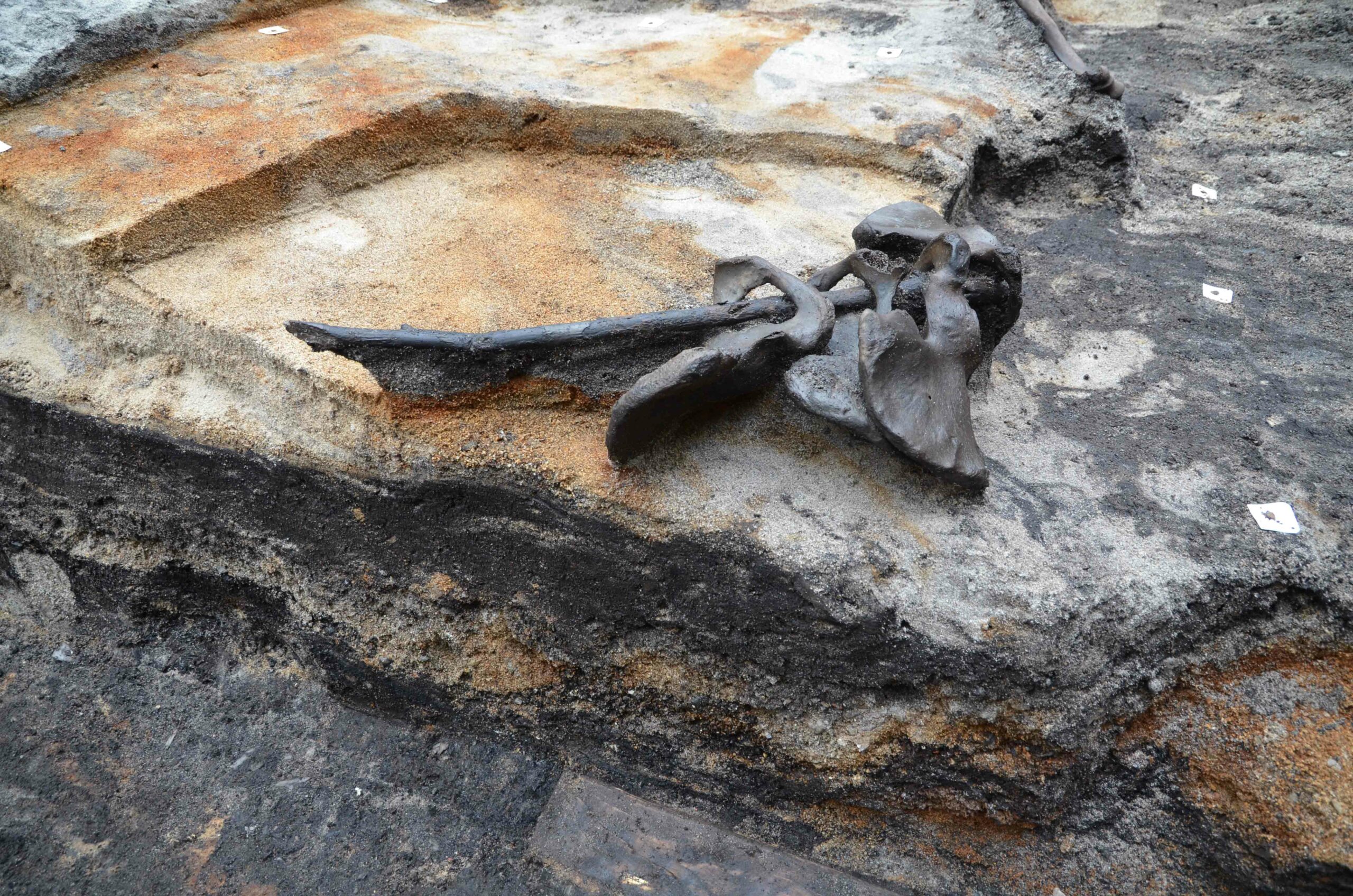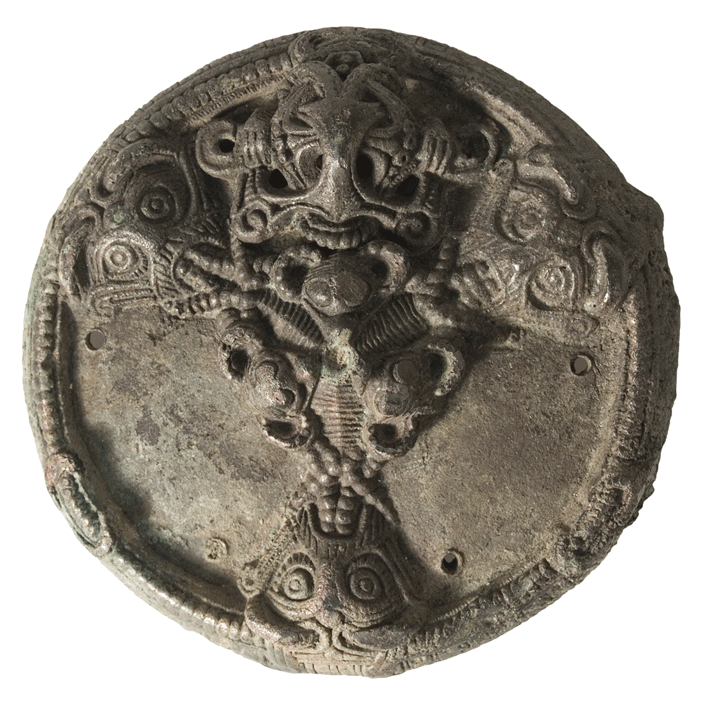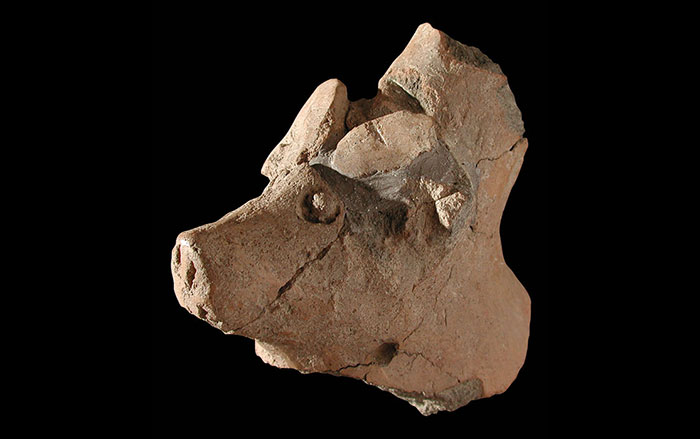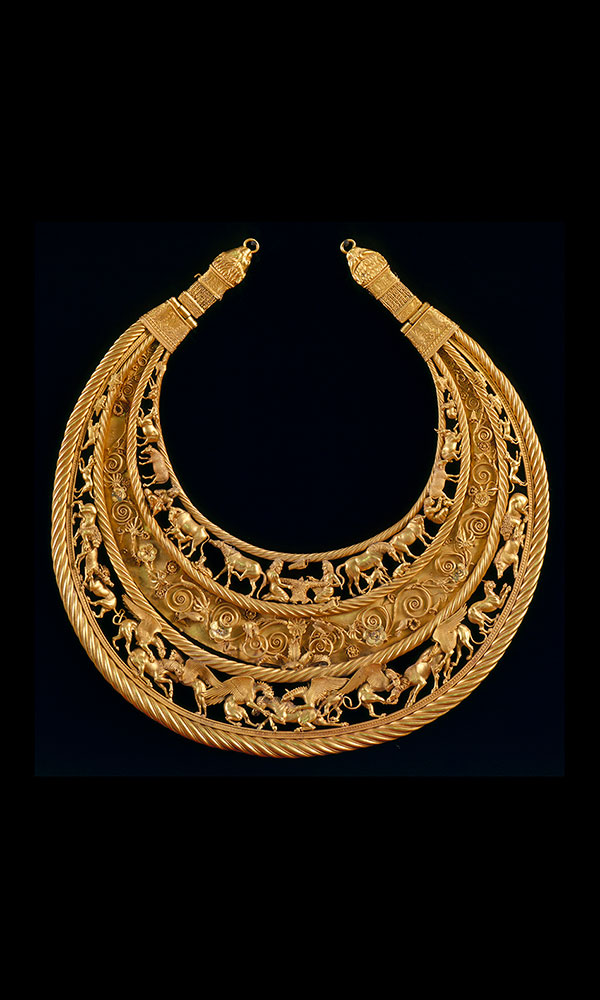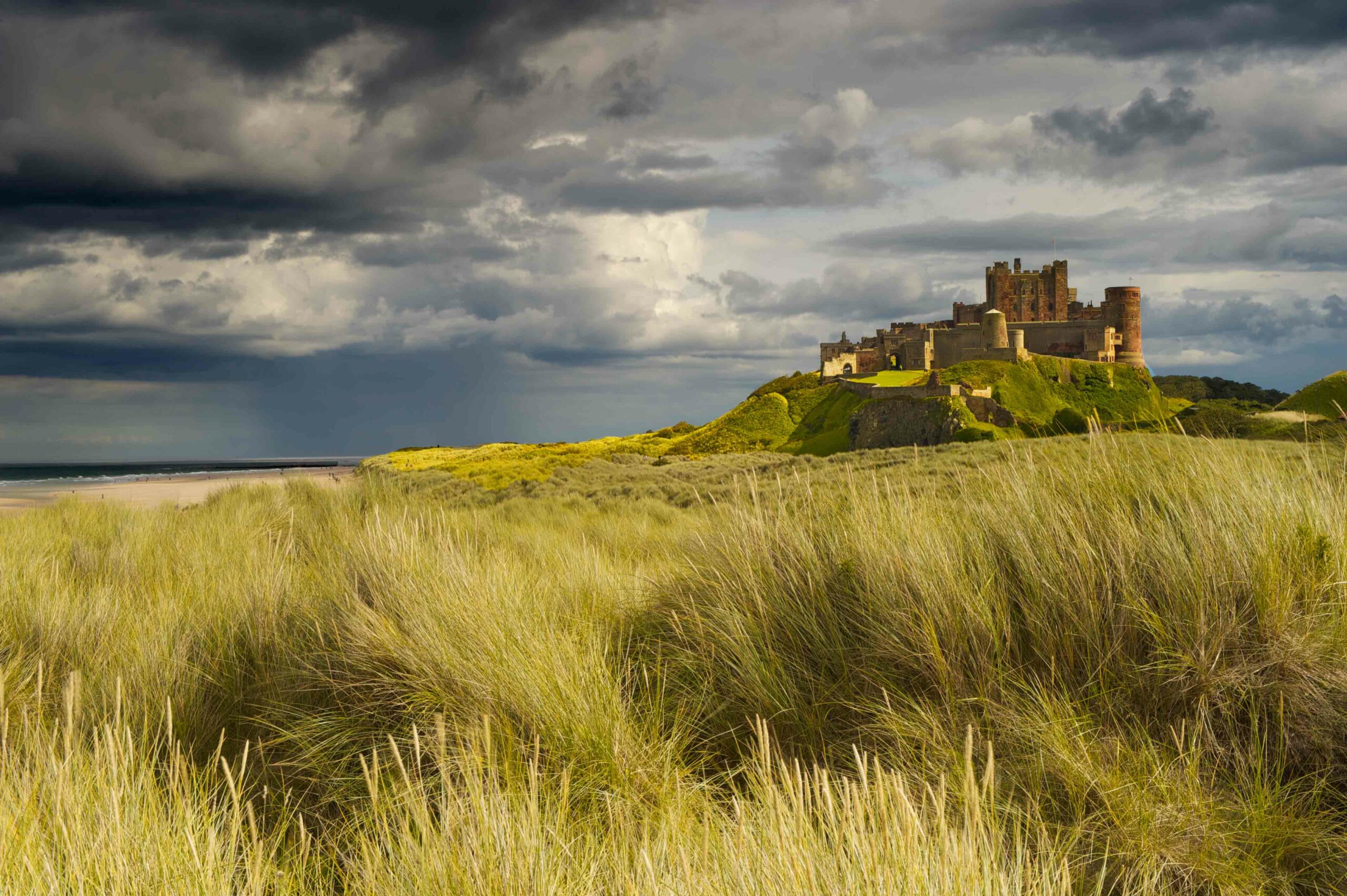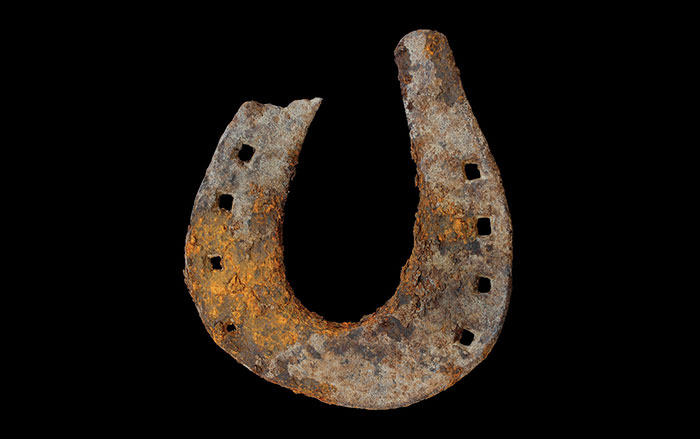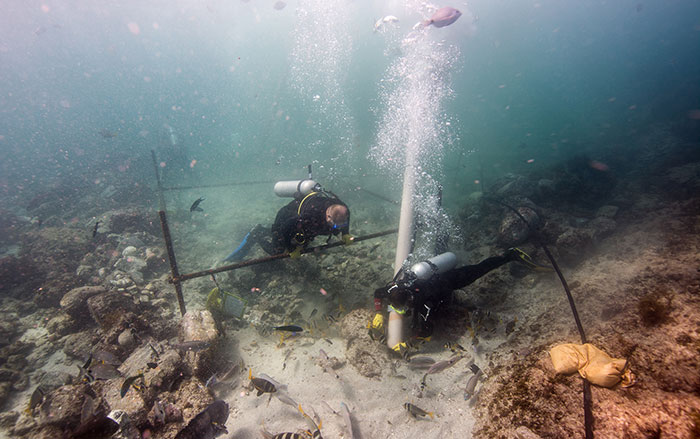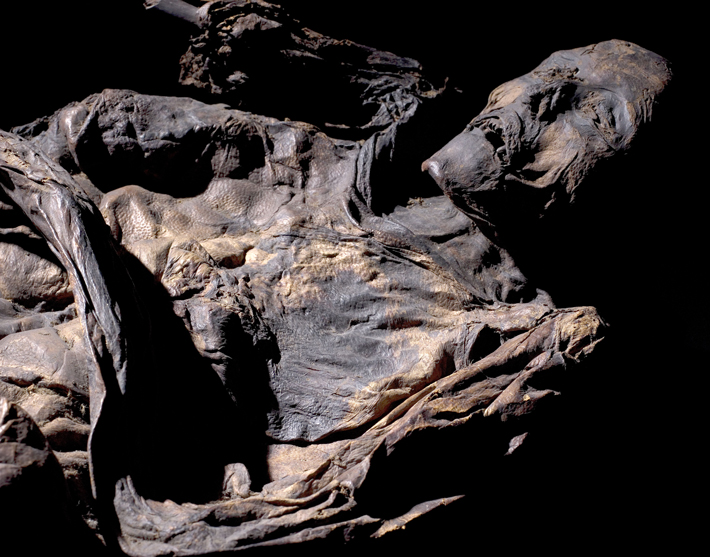
COPENHAGEN, DENMARK—A new method has demonstrated an ability to determine what types of animal were used to make clothing worn by people preserved in bogs for thousands of years, according to a report in ScienceNordic. The method, tested by a team including Luise Brandt of the University of Aarhus in Denmark, involves examining proteins in the garments to determine the species of animal used to make them. The researchers looked at 12 samples from the National Museum of Denmark’s collection of garments discovered in bogs, all of which are around 2,000 years old. They identified two samples as coming from cattle, three from goats, six from sheep, and one from either sheep or goat. The results indicate that Iron Age garments were largely made from domesticated animals, not wild ones as suggested by popular lore. One garment was determined to have been made from calf leather based on the presence of a type of hemoglobin found only in the final months of pregnancy and the first three months after birth. “We can see that they went to great lengths to make the garments and choose the right skin,” says Brandt. To read more about bodies preserved in bogs, go to “Bog Bodies Rediscovered.”


